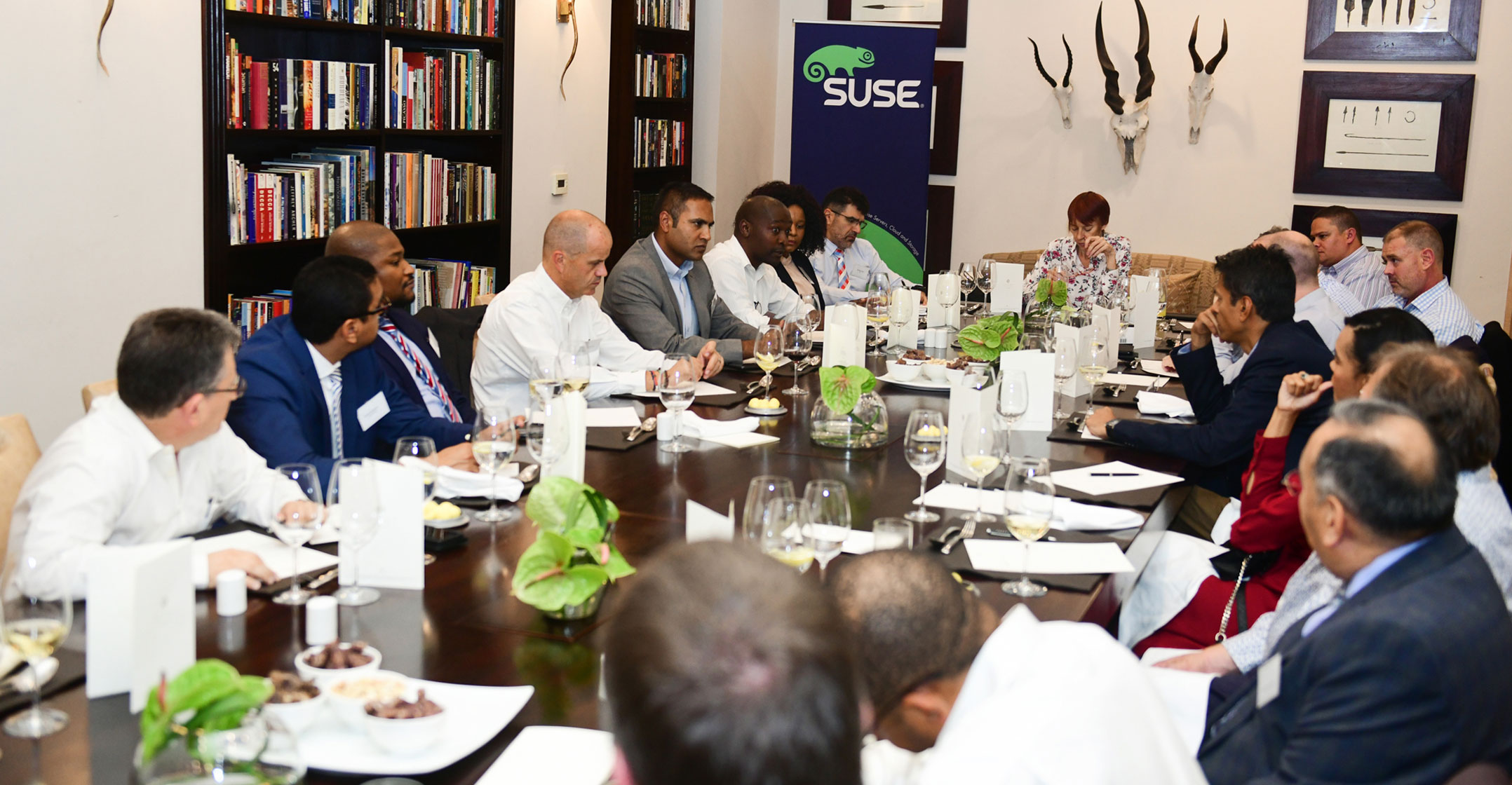 The key challenge facing businesses that expect to redefine their future through IT is the human element.
The key challenge facing businesses that expect to redefine their future through IT is the human element.
The technology to digitise data, reach more people more quickly and turn information into intelligence already exists, or can be tailor-made. But humans are the blockage, by failing to figure out what a business needs, failing to see what customers want, jumping on tech trends needlessly, or failing to adapt to new ways of working. And quite often, it’s a case of all of the above.
“Humans are the problem,” said Ricardo Rosa, a partner at PwC, at a CIO Perspectives Roundtable held recently to discuss “TechVision2020 – Changing your Business into an Intelligent Enterprise”.
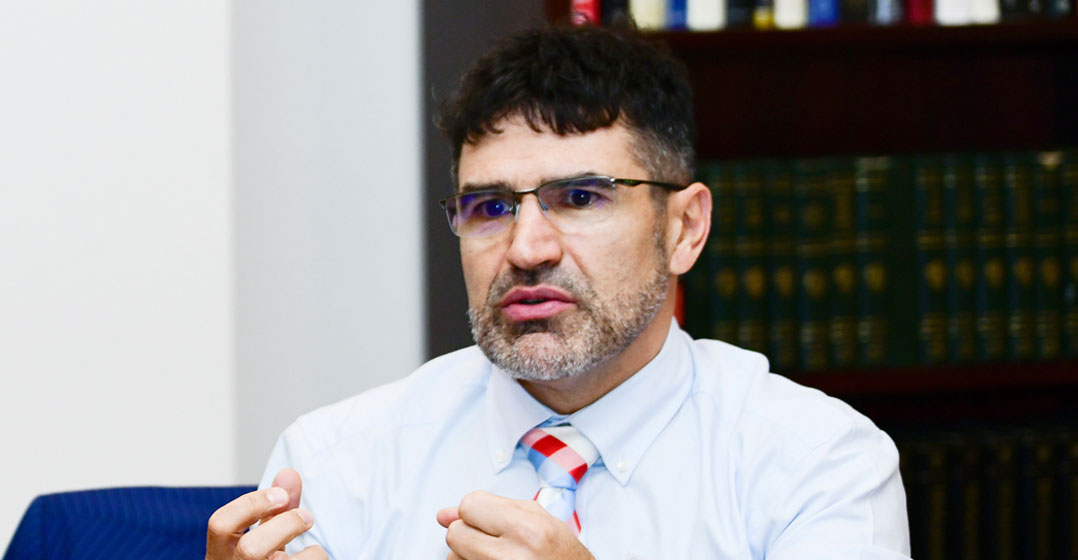
IT executives attending the event, sponsored by SUSE and SAP together with hardware partner IBM, agreed that thinking they should modernise by abandoning their core enterprise resource planning (ERP) systems is a mistake. But they do need to add extra functionality on top to keep pace with more agile rivals and benefit from new possibilities created by the Internet of things (IoT).
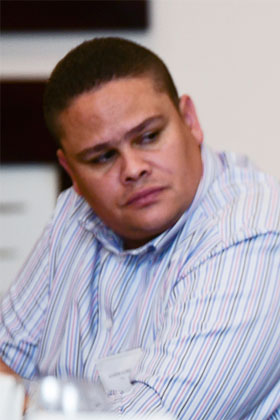
Strong IT leadership is crucial for resisting fantasies by businesspeople around the cloud and other hyped-up technologies, said Warren Scorgie, head of IT operations for PSG. Many cloud migrations fail because there are no clear goals for business and customer benefits.
“Because the cloud is being sold to business, not to IT, business is dictating to IT to start changing the model,” he said “Don’t mess around with the legacy stuff — that’s not where you are going to transform your business. Moving to a service-orientated design without touching the legacy stuff is what’s going to leverage the organisation. Your primary value chain is in your customer experience and digital transformation and that’s where you’re going to get most value.”
Verushca Hunter, head of technology at Absa, said any company considering modernising its IT must ask why, and how that links to its strategy. A complex transition like replacing SAP with an open source solution, for example, must be justified by far more than a system being old or archaic. “As technology people, we get so sucked in by technology that we’re not asking what we’re doing it for. You have to look at the risks and what you are trying to achieve, analyse how long it will take to make it work, and ask what benefit the organisation is going to have in the short, medium and long term.”
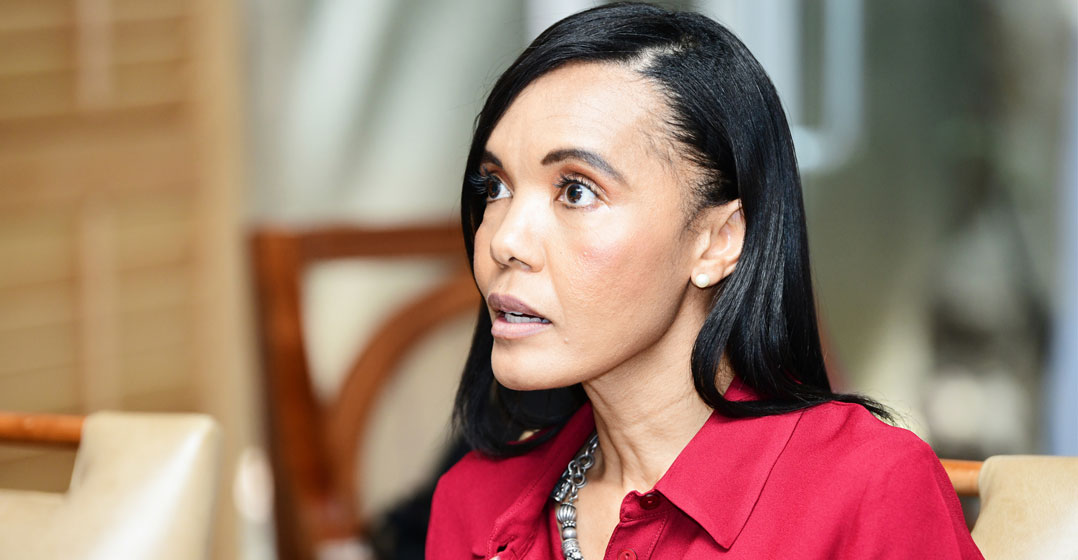
Tshepo Motshegoa, CIO of 3Sixty Health, believes legacy systems struggle to support new approaches. “Products and services are now being offered in unexpected business models. If you don’t prepare enough it will be difficult to change when newcomers present a business model that was unimaginable two to three years ago,” he said. “How does a bank compete with new online banks like Tyme when it’s so lean, and you have to support these elephant infrastructures? No matter how long and difficult it is, if you want to survive you have to modernise.”
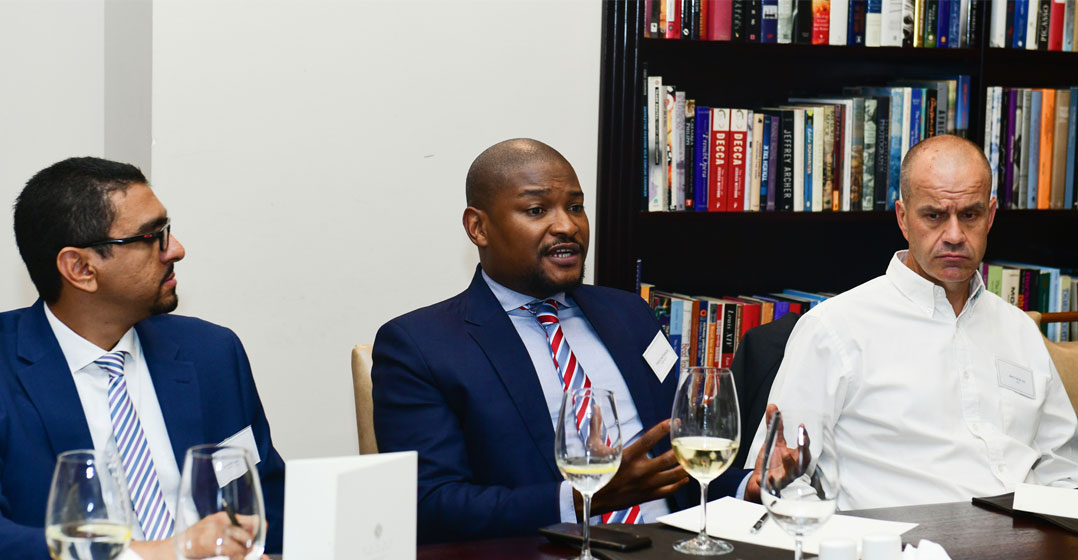
Yet there’s no doubt that companies need a solid ERP system to handle the thousands of transactions they depend on, said Dawid Janse van Rensburg, divisional director of IT and supply chain at Cargo Carriers. Since ERP vendors aren’t supplying the agile tools needed to exploit the incredible opportunities IoT offers, innovative best-of-breed apps need layering on top. “With all this disruption, we need to be very nimble — and that calls for a wide array of applications and tools and integration and quicker ways of extracting knowledge out of our resources. So, ERPs are essential, but not sufficient,” he said.
The executives agreed that ERP systems are vital to support their businesses and serve as a repository of information, but they must be augmented with tools from other vendors to create better experiences for their customers.

Eskom’s senior advisor for analytics and digital strategy, Sivuyise Ndzendze, said ERP systems must improve their support for physical assets. But a bigger problem is how users adapt from a standalone system on their computers to a Web-based tool, which gives them more autonomy. “We come from a history where intellectual IQ was important, then we moved to EQ, but if you are going to implement ERPs with all these controls, you have to deal with what I call AQ, which is adaptability, because people have to adapt to whatever you are giving them. There’s a lot of work to be done to define the new ERP landscape to support the processes and strategies of the business.”
Ndzendze also warned that companies will continue making IT mistakes if they build solutions before fully investigating an issue. Eskom, for example, could implement smart systems to monitor prepaid meters, but customers don’t spend enough money to finance that solution.
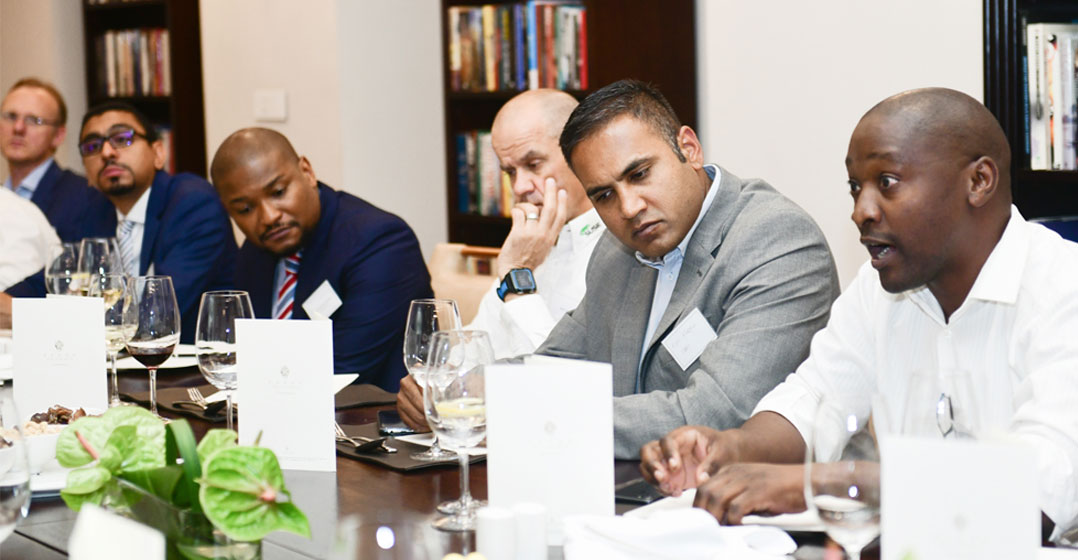
Speed and forward thinking are today’s big concerns, said Stephen Green, senior vice president of cloud and innovation at NTT. The need to nurture new technologies ahead of time is shown by SAP, which started developing its latest S/4Hana offering in 2006. “How much of these things are you doing in your organisation today, so when they arrive on the main stage you’re ready to take advantage of them? Figure out what areas you are going to incubate so you can introduce new value systems and remain relevant,” Green said.
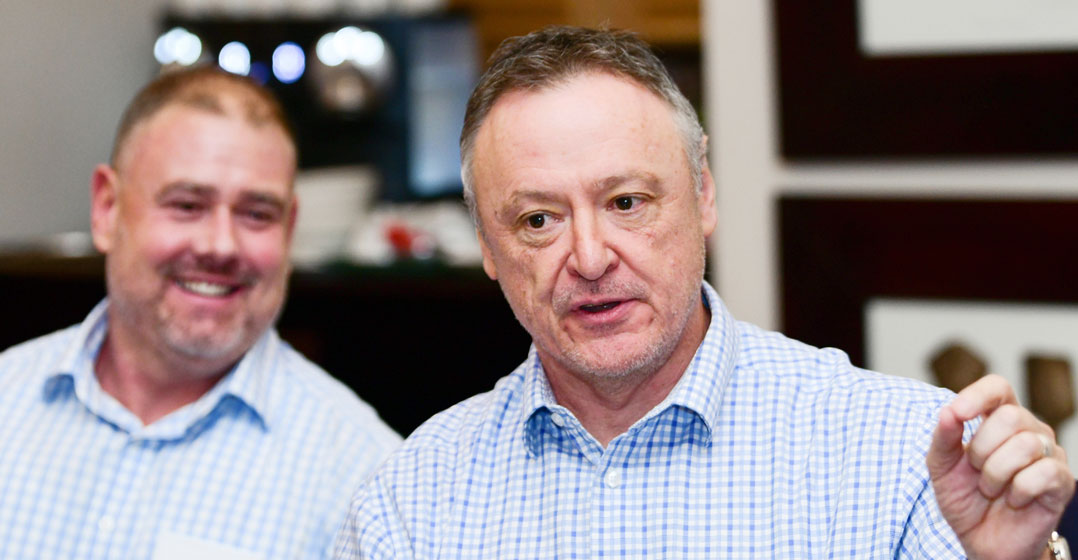
IT initiatives often go wrong because issues are tackled in the wrong order, added Oscar Stark, divisional director of Liberty’s Technology Centre of Excellence. “Before you jump to tech, first think about your data. If you have a business problem, you think there must be an app to solve it, but first understand what data you need to solve it before you figure out how you technically enable it.”
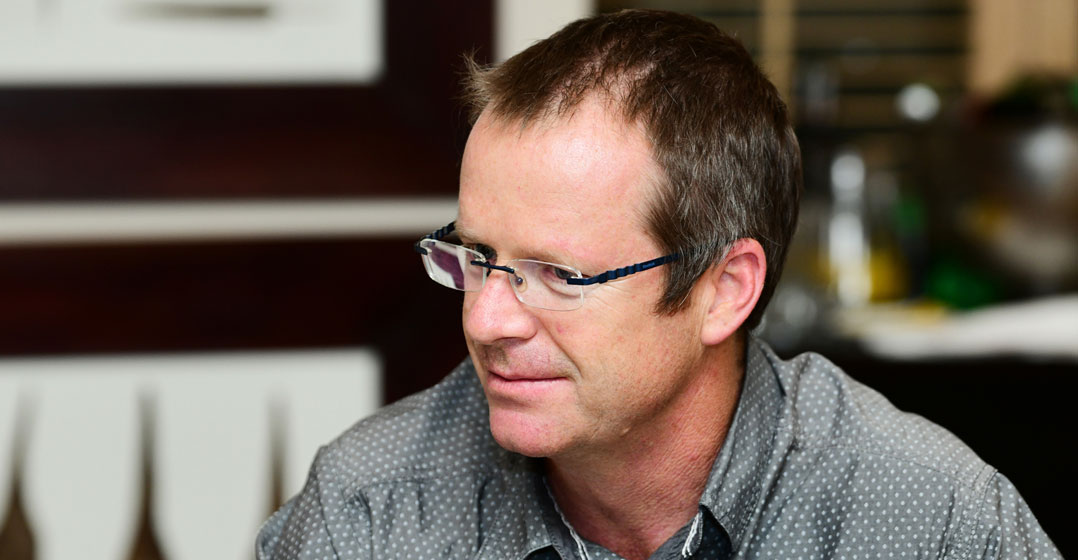
Clive Donninger, CIO of automotive group Motus, is considering building a common platform to unite all the customer data held by dealers that Motus couldn’t currently access. “It’s probably going to be in the cloud, but I’m not interested in the technology aspect. The brief is that we need a solution,” he said.

That led to a debate about the disconnect between IT people not asking what they could do for the business and businesspeople not understanding what IT could do for them, and the need to invest now to futureproof the business. “If your IT decisions are not happening in the boardroom they are never going to happen,” said Matthew Lee, SUSE’s cloud and strategic alliances manager.
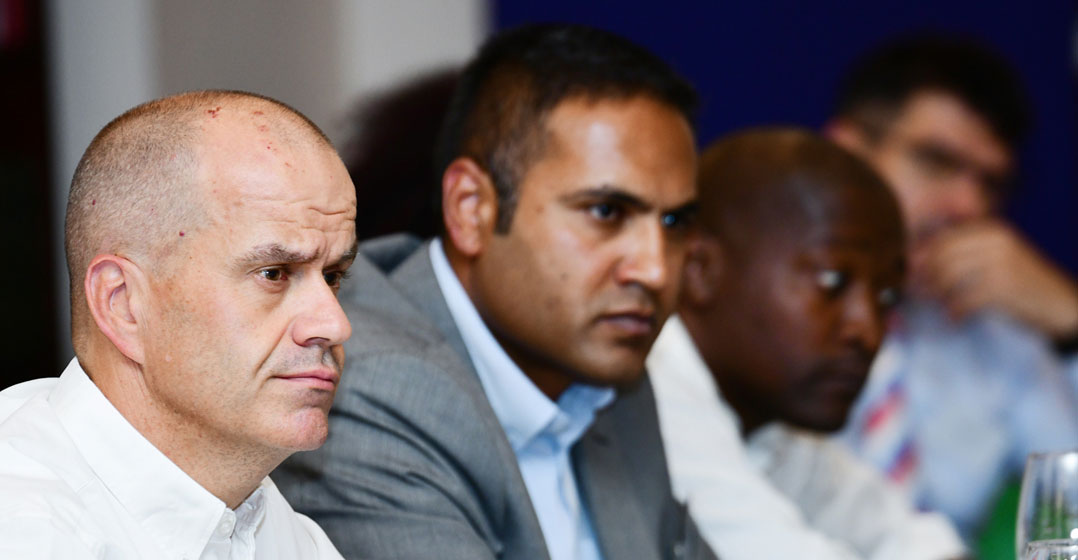
“The unifying factor is the customer experience, and if that’s not understood by the CEO and the CIO there will always be diverging views,” said Gustavo Galleguilos, a director of The Foundation for the Development of Africa. Being customer-centric is no longer sufficient, and businesses must become customer-obsessed.

Changing how success is measured would be a start, suggested Guy Taylor, head of data and data-driven intelligence at Nedbank. The right discussions about IT strategy aren’t happening because companies are measuring the return on investment, not the return on customer experience.
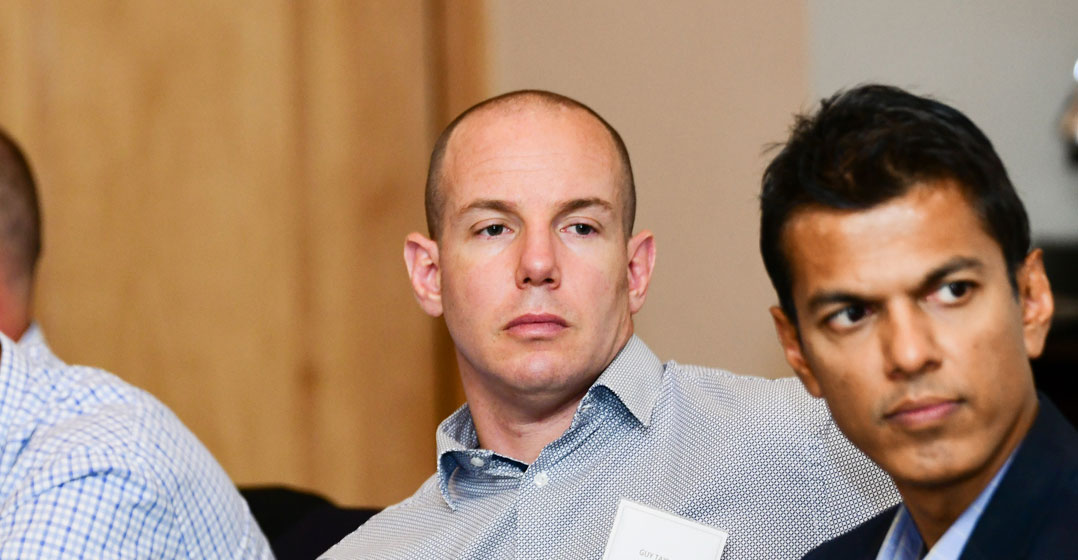
- This promoted content was paid for by the party concerned

